Invisible Man
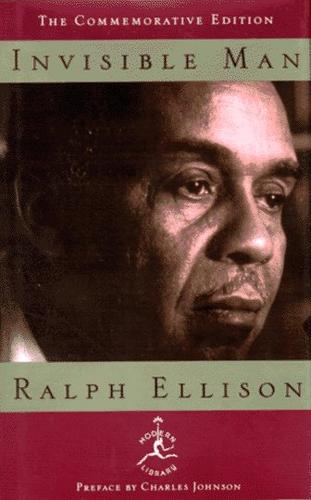
Ellison’s Invisible Man is one of the great American novels of the last 100 years. It combines an impressionistic portrait of a nameless protagonist and his journey as part of the Great Migration of Black Americans to the north during the early part of the twentieth century. Published in 1952, the work speaks to a pivotal moment in history, as many aspects of American society were scrambled and reinvented in the years following World War II. The book also traces the tumultuous events of the civil rights movement, including the various and often opposing social factions within the Black community and the frequent acts of civil disobedience and riots (including the Harlem Riot of 1943 that inspired the closing scenes of the novel). The book provides countless opportunities for reflection on Black (and White) identity, politics, class, race, and Black bodies (including “visibility” and “invisibility”). The Candide-like innocence of the protagonist in much of the novel provides many opportunities for both horror and humor, as he is pushed this way and that by ideology and political expediency.
Souls of Black Folk
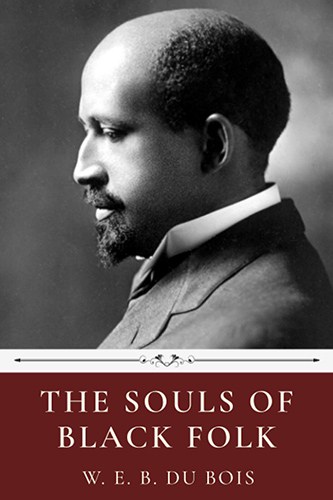
Du Bois is one of the most influential US authors in the 20th century. His work helped shape productive advocacy for equal rights and treatment of Black people in the United States and remains relevant in that continued struggle. His penetrating insight into “double consciousness” remains an important psychological and sociological framework. Du Bois is an evangelist for the liberatory power of Liberal Education and its, “simply old time-glorified methods of delving for Truth, and searching out the hidden beauties of life, and learning the good of living.” In our time of spiritual striving and moral ambiguity, Du Bois’ work may help students reorient their educational paths from one pointed solely at work to one also aimed at Truth, and perhaps also to see with him the final product of education as, “neither a psychologist nor a brick mason, but a man.”
The Elements
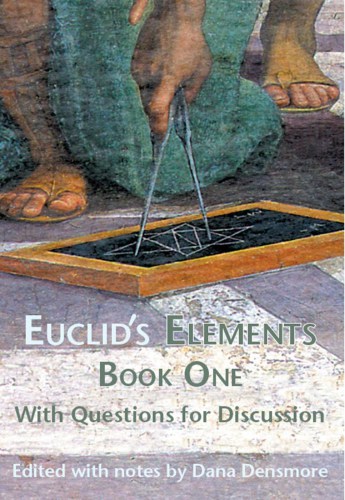
Euclid’s text is a model for how to think clearly and logically. Through the study and demonstration of his geometrical proofs, students learn the structure of logical arguments and what it means to prove something. After one understands an entire proof of Euclid’s, you know what it feels like to really know that something is true. His proofs provide a window onto the beauty of truth and inspire us to want to open it further. Studying this text provides a benchmark by which students can judge how well they know other things. “Is this as clear to me as a Euclid proof?” If not, there is more to understand and work to be done!
Hayy Ibn Yaqzan
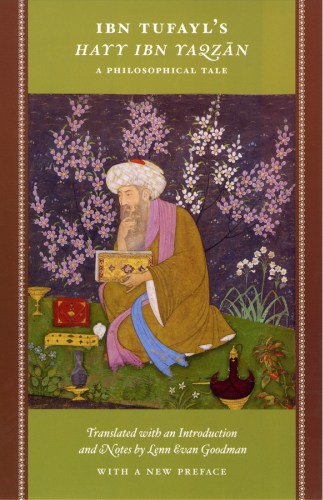
Ḥayy ibn Yaqẓān, literally “Alive, Son of Awake”, raises many fundamental questions: What is life and how does animal life differ from that of plants and inanimate objects and why? Where did everything come from, and how did that happen? Why am I asking these questions and how/do the conclusions I draw here affect my life and the decisions I make? Asking these questions along with Hayy, students may begin to wrestle with some of the deepest and most persistent questions human beings have asked. Following Tufayl’s narrative provides an opportunity for students to become awake and alive to these questions.
Essays of Michel de Montaigne
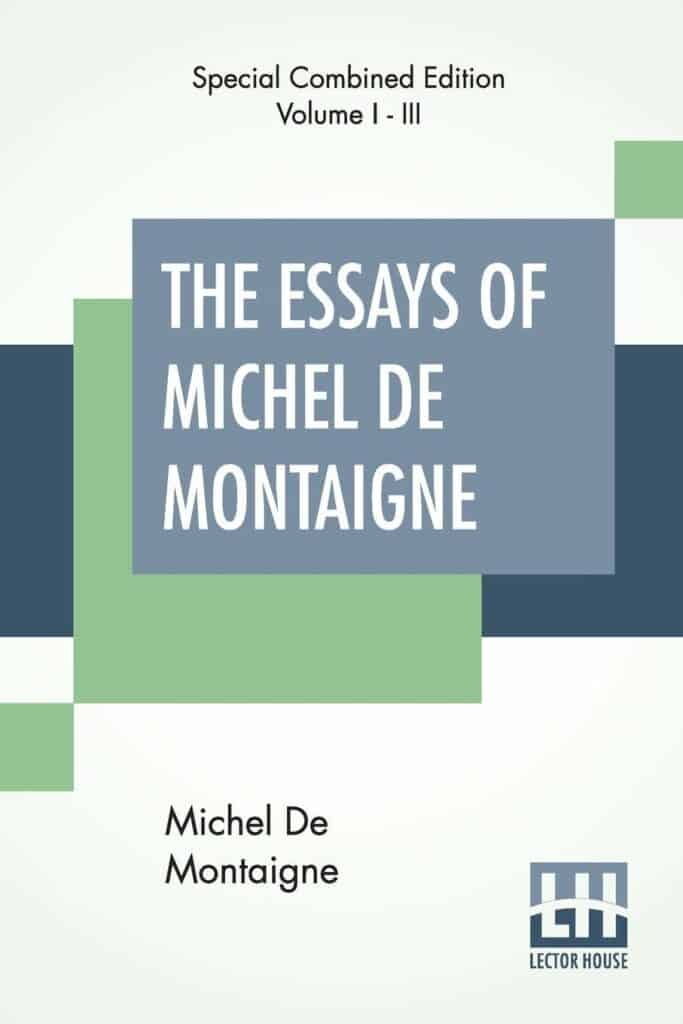
Readers of Montaigne revel in the way he shook many of the foundations of Western thought. Students may be most interested in his writing against violent governmental actions and corruption, both in French domestic policy and in the actions of Europeans attempting to conquer the Americas. His delineation of cultural relativism is also very relevant to students’ increasing interest in human diversity. Montaigne resists the inclination to normalize aristocratic and bourgeois European culture; he defines barbarism as a subjective term people use to describe difference from the dominant culture. Another assumption he questioned was that of the superiority assigned to humans over animals. Students may also be inspired by his celebration of human imagination, which he sees as the cause of miracles, visions, and extraordinary events.
The Poetry of John Donne
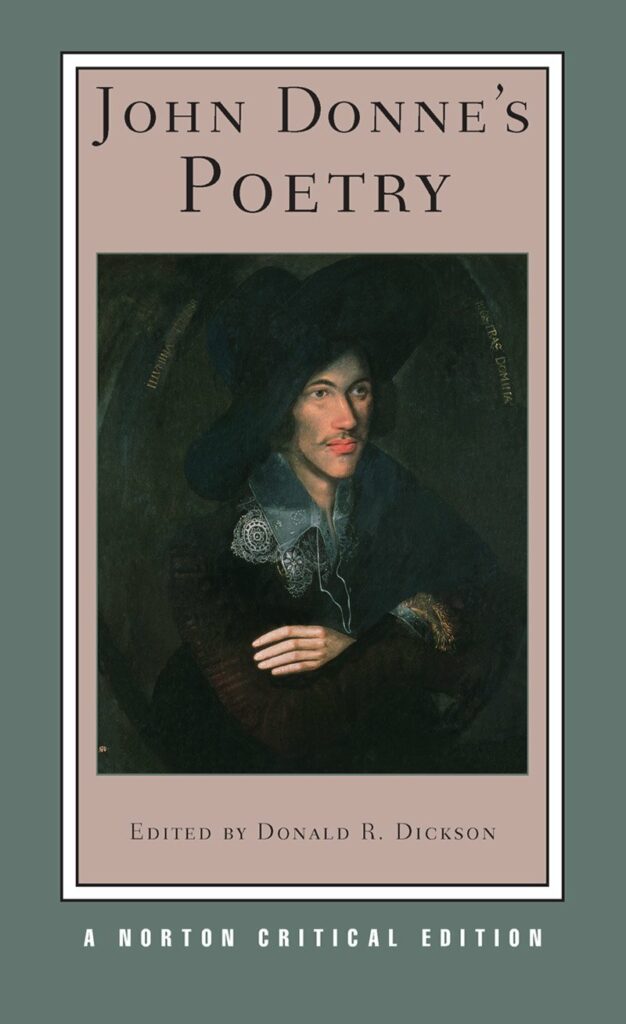
Community college students find Donne’s poetry both arcane and modern, both puzzling and satisfying. Complex human scenarios are described with language that is at turns colloquial or learned. Ideas are often constructed in extended metaphors called “conceits.” When these extended metaphors use obscurely technical imagery or make surprising, unexpected comparisons, they are called “metaphysical conceits.” Donne’s poetry invites students to inhabit the speaker’s mind, to follow his thoughts through the complexities of language and emotion in his investigations of love, society, and religion. The sample poems included are among Donne’s most accessible and exciting. As a result, they easily lend themselves to class discussion and written response.
Jatak Tales
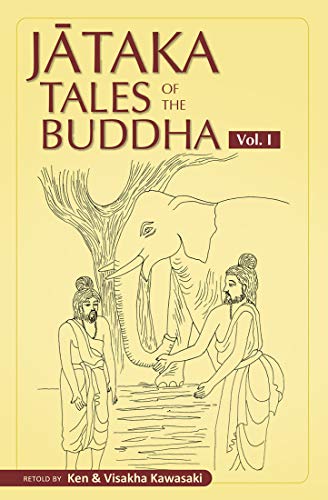
Jataka tales are about life’s challenges, temptations, and uncertainties. They are held in esteemed position in all Buddhist traditions and have been immortalized in art, music, and drama. The Jatakas are the most comprehensible among all Buddhist literature and are perfect text to introduce first year college students to Buddhism and Buddhist literature. Students can easily relate to the moral and philosophical questions addressed in the text, including who is deceitful? Who is a good politician? What should be the ethics of running a business?
Never Let Me Go
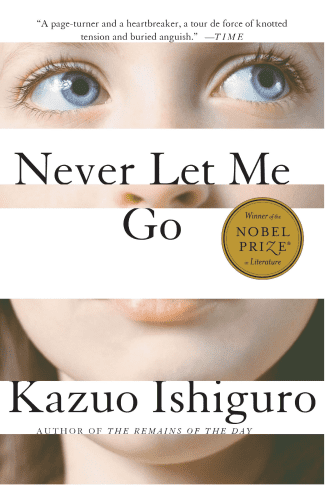
Since it is written as a first person coming-of-age novel, Never Let Me Go is accessible to all students. Students of traditional college age will relate to the late adolescent/early young adult experiences of Kathy H. and her peers, like negotiating friendships with romantic and sexual relationships and adjusting to life outside of adult guidance and protection. Non-traditionally aged students will remember these experiences as well. So, while the genre and narrative will be unlikely to challenge students, the experience of connecting emotionally to the characters, while coming to understand they have been bred to be used by non-cloned humans, will test students’ assumptions about technology and human exploitation of that technology. Rather than approaching the question heavy handedly, Ishiguro leads readers gently to interrogate not only the attitudes of humans to the clones, but the matter-of-fact resignation of the clones to their own fates.
Alice’s Adventures in Wonderland
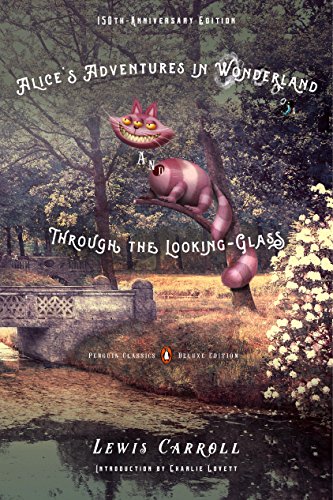
Here are two reasons students might experience the text as transformative: Alice is a stranger-in-a-strange-land tale par excellence. It illustrates how one’s sense of self can be undermined in a new context. We may know ourselves in our own world, but who are we in a world that operates with rules we don’t understand? How do we respond to that which seems nonsensical? Readers are confronted with fundamental questions about the relationship between self and environment. Equally, Alice is a story about joy, innocence, imagination, and fun. Just as nonsense can challenge sanity and order, it can also be embraced and enjoyed.
Phenomenology of Spirit
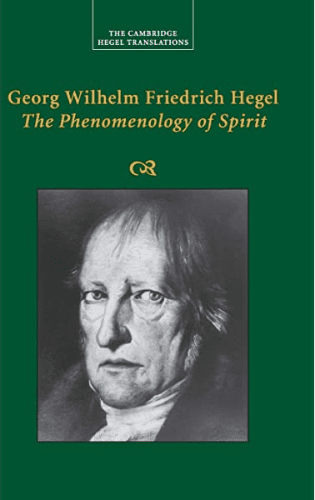
The Phenomenology of Spirit is arguably one of the most difficult philosophical texts to engage with. Partly this stems from Hegel having to, like Plato and Kant before him, invent terms and phrases to describe ideas and concepts for which ordinary language is inadequate. Because of this, there is not always agreement on just what Hegel is doing. Wherever one comes down interpretively, his impact on the history of thought is undeniable. He is the culmination of German idealism, a philosophical movement that starts with Kant and runs through Fichte and Schelling. His treatment of sense certainty has been taken up by many 20th century critiques of empiricism within the analytic tradition, while the master-slave dialectic has proven to be equally influential within 20th century continental philosophy. Of course, the influence Hegel had on Marx’s dialectical materialism, and hence the historical development of Western radical politics, cannot be overstated. Whatever one may ultimately think of Hegel, reading through the Phenomenology is a philosophical experience like none other, full of “moments” of deep insight as one explores with hallucinatory fluidity his processional-thought terrain.

